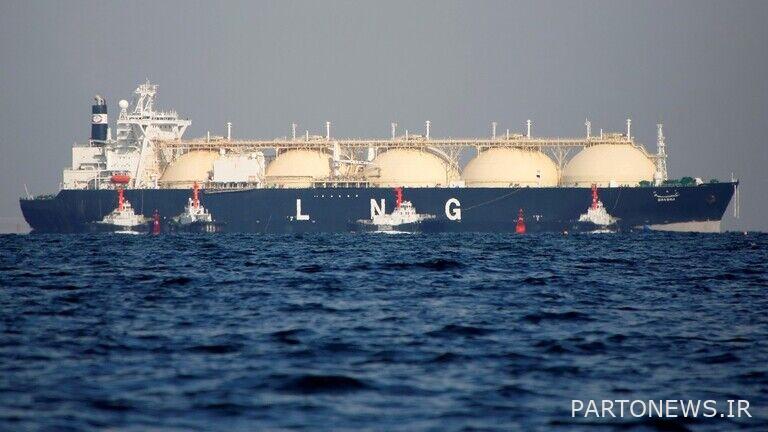EU efforts to find alternative sources of natural gas supply

According to IRNA from Reuters; “We are working on a partnership with the United States to achieve energy security, which is primarily about increasing LNG supply, and we are negotiating with other gas producers, such as Norway, to increase supply to Europe,” Ursula von derline told German media. we do.
Gas prices in Europe have risen to unprecedented levels due to several factors, such as lower imports from Russia. Current European gas storage is estimated to be about 10% lower than usual at this time of year.
Von Online described Russia’s Gazprom’s reluctance to increase gas supplies to Europe, despite unprecedented rising prices and high demand, as surprising, adding that there were growing signs that the Kremlin was pushing for gas as leverage. Political, exploits.
Russia supplies about 40 percent of the EU’s gas needs, and the potential impact of a possible Russian invasion of Ukraine on the supply has prompted the EU to ask for increased exports from other countries. Senior EU and US officials will meet in Washington on Monday to discuss liquefied natural gas. The European Union is also in talks with Qatar, a major gas producer, and Kadri Simpson, the European Union’s energy chief, met with Azerbaijan a few days ago.
The European Union believes that gas storage infrastructure and the ability to import more LNG should prevent major shocks to member countries, but analysts believe that a complete cessation of Russian supplies will necessitate emergency measures. And it will be wonderful like closing factories.
Von Dar Lane predicts that gas prices will remain high for some time.
In response to the recent rise in gas prices, most EU member states have introduced tax breaks and other measures to protect consumers from higher bills.
Europe has had a difficult year in the energy sector, with gas prices soaring. Germany’s heavy dependence on Russian gas appears to be one of the EU’s main geostrategic weaknesses amid tensions over Ukraine. Thus, the EU’s problem is the high dependence on gas imports from Russia, which accounts for about 41% of total gas imports. Despite the distribution of Russian gas in its 20 member states, its southeastern partners will suffer the most.
In addition, the gas reserves of European countries now occupy about 40 percent of the northern hemisphere in mid-winter, up from 53 percent last year.
Also, while Berlin and Moscow are pushing for increased gas imports through the North Stream 2 pipeline and are awaiting operation, despite US opposition, diversifying the gas import portfolio and reducing dependence on Russia is a major goal. The European Union has been around for a long time.
The United States is pressing Berlin to include the suspension of the North Stream-2 gas pipeline in a package of threats against Russia. Germany, on the other hand, is reluctant to open the North Stream case to Ukrainian tensions and does not want to put its industry at risk. Gas is Russia’s main strategic asset, which has recently extended its supply contracts with China.
What is clear is that the United States is trying to show its European partners in the grip of the Kremlin by allaying European countries’ concerns about the energy crisis, while removing the levers of Russian pressure to close gas valves to Europe. Accompany. It is important to note that the threat to cut off gas supplies, like the threat of an attack on Ukraine, is a claim that is constantly heard not by Russia but by the West.
These conditions have led to the “crazy” search for a short-term, medium-term and long-term alternative to Russian gas in recent weeks. The United States is seeking to build a coalition of liquefied natural gas exporters to boost shipments to Europe. There are currently seven liquefied petroleum gas processing stations in Spain and one in Portugal. 30% of the total storage of European liquefied natural gas is done in Spain. Washington is currently the largest supplier of liquefied natural gas (gas) to the European Union.
Some European countries fear that any economic sanctions against Russia, if tensions lead to open conflict or aggression, could affect the energy supply crisis in Europe, which has intensified following the crisis over the Covid-19 epidemic. . The European Union last week expressed its desire to strengthen its energy alliance with Qatar. The United States has also called on Qatar and other countries to increase exports of liquefied natural gas, which in the process has been reservoir-replaced.

